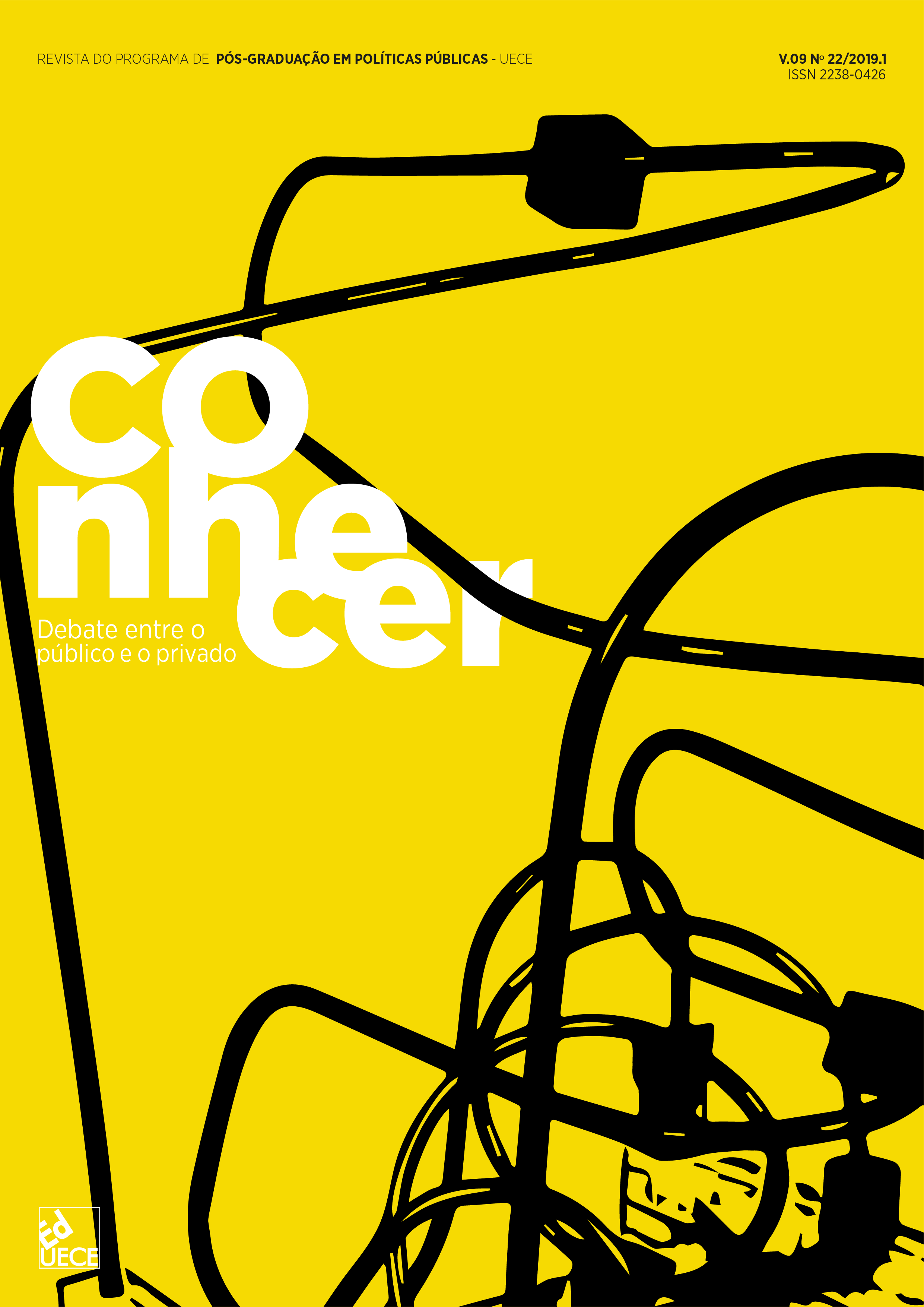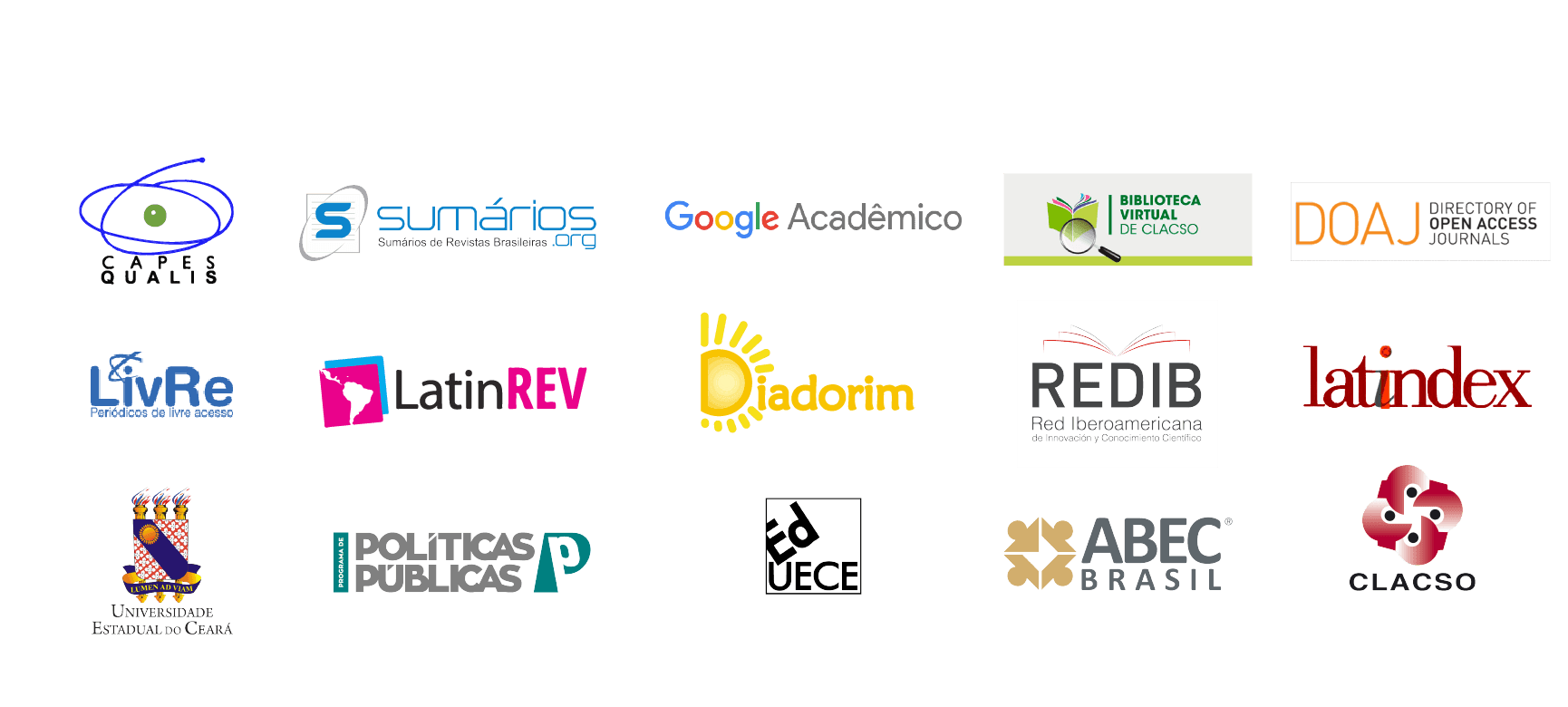Political participation:
women’s human right between the public and the private
DOI:
https://doi.org/10.32335/2238-0426.2019.9.22.1001Keywords:
Human rights, Public policy, Political parties, Candidacy quotas, FraudAbstract
Gender quotas in politics are affirmative measures for achieving a more equal context between men and women in power spaces, which has the 1979 Convention on the Elimination of All Forms of Discrimination Against Women as its international law basis. Public policy aimed at development and gender equality is related to legal challenges in the country that do not only fall within the scope of public law, such as electoral law – they necessarily involve challenges linked to the autonomy of political parties, legal entities governed by private law, and the institute of fraud in law itself. Therefore, the implementation of this inclusive policy requires a dialogue between the branches of public law and private law. In the face of frauds and the so-called ‘orange candidatures,’ a mockery of the exercise of women’s human right to political participation, we began to address political party autonomy, as well as the concept of abuse of power and fraud as private law institutes, in order to analyze issues of public law from a civilian approach. It was found that the parties break the law by fraudulently filling in the candidacy quotas, committing abuse of political party power; by unbalancing the electoral process, they increase and perpetuate the exclusion of women from formal politics, and this can characterize institutional violence.
Downloads
Downloads
Published
How to Cite
Issue
Section
License
Authors who publish in this journal agree with the following terms:
- Authors retain the copyright and grant the journal the right of first publication, and the study is simultaneously licensed under the Creative Commons Attribution License, which allows sharing the study by acknowledging authorship and initial publication in this journal.



